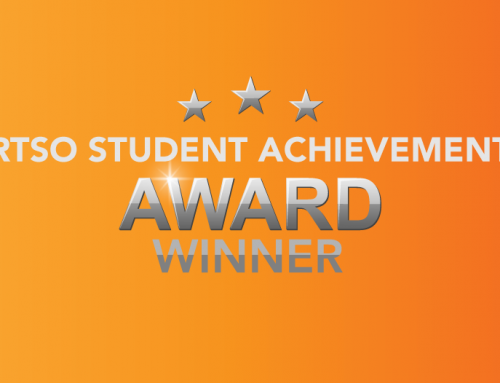
Shawna MacDonald,
RRT FCSRT BEd
Fourteen months plus into this pandemic, amid the many changes and disruptions to both our personal and work lives, one thing is certain: the pandemic and the prolonged stress that has come with it have led to serious physical and mental health consequences for individuals and communities around the globe.
The potential impacts of prolonged stress, collective trauma, and disturbances that this pandemic might be having on many have resulted in reported weight gain, sleep disturbances, and increased alcohol consumption, among other problems (American Psychological Association, 2021; Turmaud, 2021). Specific populations and groups reportedly face additional challenges, from grief and trauma to worsening of chronic health issues and/or declining mental health (American Psychological Association, 2021). The severe reduction in social interaction has resulted in many people feeling lonely. For some, loneliness and social isolation often go hand-in-hand, and according to the CDC (2020), “there is strong evidence that many adults aged 50 and older are socially isolated or lonely in ways that put their health at risk.”
Moral distress and burnout are certainly present in healthcare providers providing intensive care or community care to suffering patients; occupational stress injury (OSI) and post-traumatic stress disorder (PTSD) have also been reported, and “burnout, disengagement and apathy, are all terms of language common in break rooms” (Foster, Del Rizzo & Garvey, 2020). Now, more than ever, “it is time to bring mental wellness to the forefront” (Foster, Del Rizzo & Garvey, 2020).
Please practice good self-care to keep yourself both physically and emotionally healthy. A good diet, exercise, a strong support system, and finding ways to manage stress can help. Try an enjoyable relaxation or leisure activity, spend time in nature, practice mindfulness or meditation…whatever works for you. Recognize and let go of your inner critic. Seek assistance when needed. We would like to remind you that the Canadian Society of Respiratory Therapists (CSRT) has developed a mental health hub to support RTs’ mental health and well-being during and beyond the pandemic. This bilingual resource connects respiratory therapists to a wide range of supports including: crisis and support lines across the country, national and provincial/territorial mental health programs and initiatives, mental health resources for workplaces and entry-to-practice RT programs, information on mental health during the COVID-19 pandemic and resources to help RTs manage grief and bereavement. You can find this resource within the CSRT Supports for Practice section of the CSRT website, at: https://www.csrt.com/csrt-mental-health-resources/
In addition, please check out the Research Interest Group (RIG) write up in this issue, Reflecting On Our Mental Health Webinars. The RTSO stands with Respiratory Therapists across the province. We are #RTStrOng and we want you to take good care of you so that you may continue to do the great and valuable work that you do in taking care of others.
“Dig deep & pull the roots of confidence from the ground of your being, standing firm in the raging storm until sunlight blossoms inside you.” ― Curtis Tyrone Jones
References
Centre for Disease Control and Prevention (CDC) (2020). Loneliness and social isolation linked to serious health conditions. Retrieved April 04, 2021 from https://www.cdc.gov/aging/publications/features/lonely-older-adults.html
American Psychological Association (2021, March 11). One year later, a new wave of pandemic health concerns. Retrieved April 04, 2021 from https://www.apa.org/news/press/releases/stress/2021/one-year-pandemic-stress
Foster, F., Del Rizzo, T., & Garvey, N. (2020, February). Post-traumatic stress disorder (PTSD) in respiratory therapists in the province of Ontario. RTSO Airwaves, Winter 2019-20 edition. Retrieved from https://www.rtso.ca/winter-airwaves-2019/
Turmaud, D.R. (2021, March 31). One Year In: How Is the COVID-19 Pandemic Affecting Us? Psychology Today. Retrieved from https://www.psychologytoday.com/us/blog/lifting-the-veil-trauma/202103/one-year-in-how-is-the-covid-19-pandemic-affecting-us





